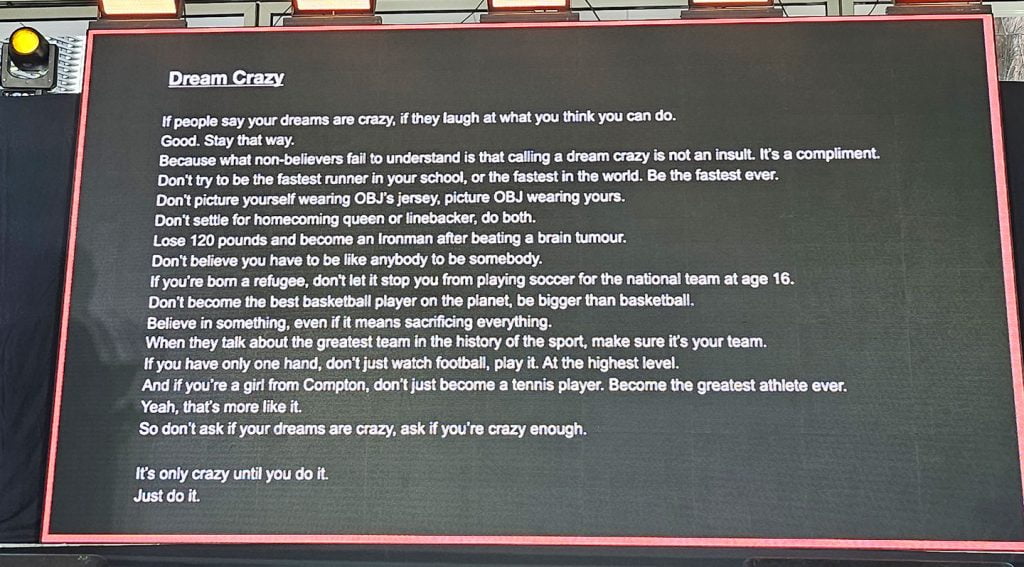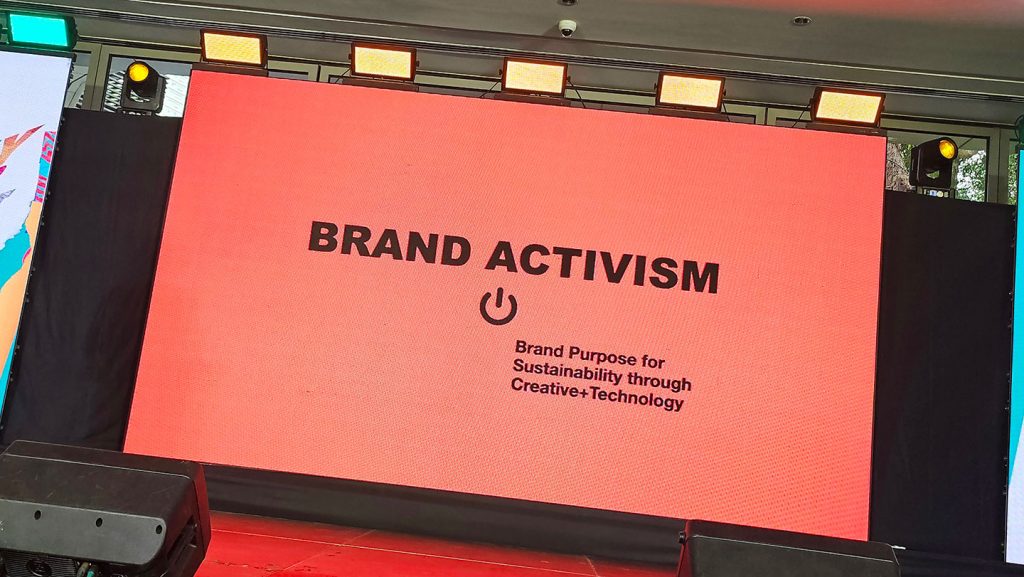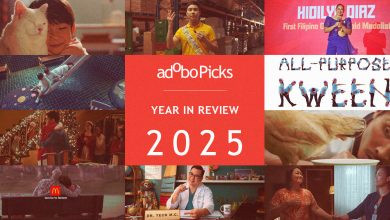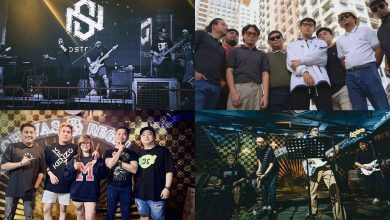MANILA, PHILIPPINES — Honoring the theme of “Hypercreativity” at this year’s CreativeFest, hosted by 4As Philippines and the Creative Guild, Thomas Hongtack Kim, Founder of 2KG Creative Solutions Lab and Chief Creative Officer at “Paulus” Meta Creative Collective, took the stage with his insightful talk on Brand Activism, centered around “Grand Purpose for Sustainability Through Creative + Technology.”
Thomas’ session was a showcase of powerful campaigns that dared to take a stand for causes like social justice and the climate crisis, illustrating the transformative shift in advertising towards emphasizing purpose and tangible solutions.
“The role of brands has changed,” he started. No longer mere sellers, brands now embody a deeper purpose beyond corporate objectives, requiring them to stand for something meaningful in today’s world.

He noted works such as Nike’s 30th Just Do It anniversary campaign with Collin Kaepernick and Greenpeace’s “Everything is NOT awesome” initiative urging Lego to terminate its 50-year partnership with Shell as courageous endeavors. According to Thomas, these campaigns represented the brands beautifully. At the same time, they made impactful political and social statements. Despite facing initial controversy, they ultimately catalyzed positive change. These bold actions bolstered the brands’ reputations, resonating particularly well with consumers who are progressively mindful of the ethical implications of their purchasing decisions.
He continued, emphasizing, “[The role of brands has changed.] This is due to a major shift in the marketing/creative ecosystem.” In today’s world, marked by urgent political, social, and cultural issues, neutrality is no longer an option, even for brands. With their extensive reach and influence over consumer behavior, brands are now expected to have a voice.
Moreover, we find ourselves in an era where the demand extends beyond advertising to encompass creativity in its entirety. “Creative solutions, at that,” Thomas stressed. As brands evolve, so do the expectations placed on creatives, challenging them to tackle real-world issues that transcend traditional brand concerns.
Previously, the essence of a brand merely signified ownership, while a power brand was defined by qualities like quality, design, and price. However, the contemporary definition of a power brand extends to encompass those that engage in thoughtful action and demonstrate a clear sense of purpose.

Thomas elaborated on this with the brand activism manifesto:
- Redefine success in business and build a more inclusive and sustainable economy
- Select brands that meet the highest standards of verified social and environmental performance and public transparency
- Create a healthier environment, stronger communities, and the creation of more high-quality jobs with dignity and purpose
- Use profits and growth as a means to a greater end: positive impact for small business, communities, and the environment
“The brand itself is an influencer,” he said.
As he concluded his talk, he explained briefly how technology has empowered him and his brand to pursue work with a focus on sustainability. Among these endeavors was “Dot Pad” for Dot, a highly-acclaimed campaign which combines the power of the patented Dot cell technology and an AI-based image processor to create tactile graphics for the visually impaired.
He ended his session with a powerful line urging all the advertisers in the room to focus their lens on purpose, particularly the very time-sensitive issue of sustainability: “If your brand doesn’t have a sustainability ethos, it’s not sustainable.”
adobo Magazine is an official media partner of CreativeFest 2024.








